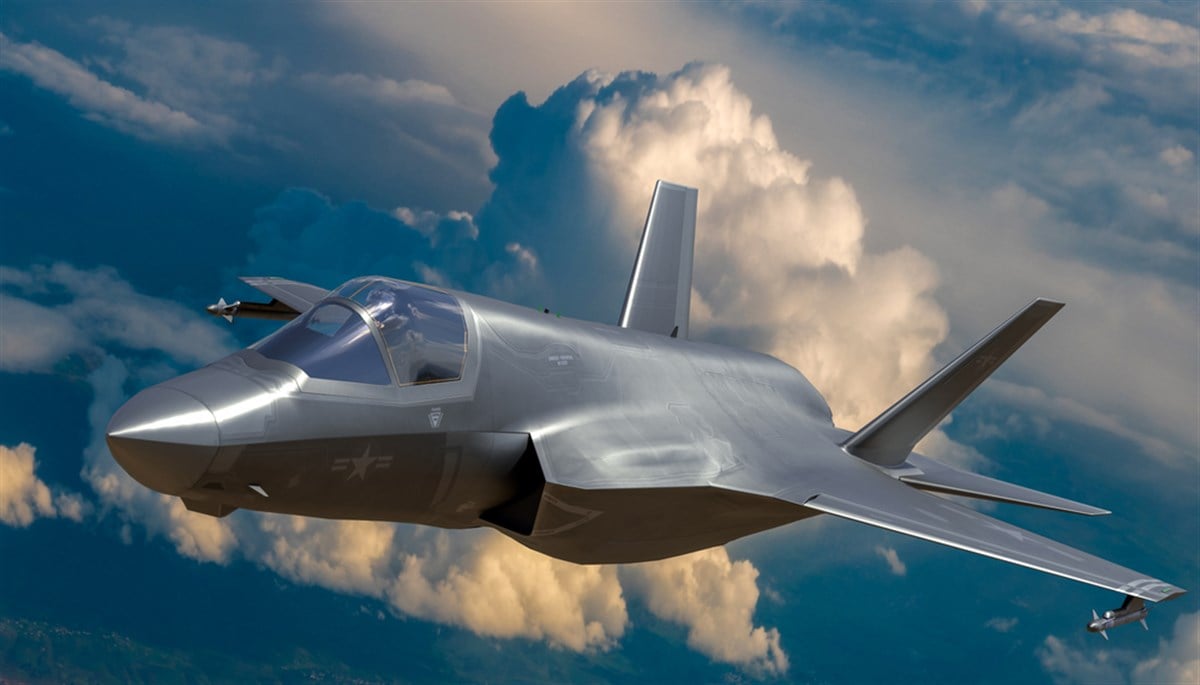
As the new earnings season kicks off, investors focus mainly on the technology sector and its biggest releases, like Alphabet Inc. (NASDAQ: GOOGL). They still await the—arguably—biggest report that is yet to come for NVIDIA Co. (NASDAQ: NVDA) to prove or disprove the artificial intelligence valuations that the market is placing on some of these stocks.
However, investors can typically find the biggest upside potential in the earnings results below the radar. This week, Lockheed Martin Co. (NYSE: LMT) released its second quarter 2024 earnings figures, and the stock reacted positively by rallying over 10% for the week. Even though a double-digit rally is reason enough to get excited, there are plenty of other reasons to believe that the stock could see another leg up soon.
With strong financial momentum and fundamental tailwinds pushing the stock to potentially new highs, investors would benefit from watching the future developments in this stock, especially as management issued their own views for the rest of the year 2024, giving Wall Street analysts more evidence to make their forecasts for the stock.
Lockheed Martin's Strong Year: What's Driving Success?
Some investors will choose to avoid stocks like Lockheed Martin, as they are involved in defense and aerospace, an industry known for developing weapons and other products.
However, for those who realize that military budgets represent nearly 4% of the United States Gross Domestic Product (GDP), at roughly $715 billion, this company becomes a fundamentally driven play. Here are the numbers to prove this secular uptrend.
Digging into the press release for the quarterly results, investors can see management led with reporting a 9% increase in annual revenue, reaching $18.1 billion. Driving revenue is the fact that Lockheed Martin carried an order backlog of up to $160 billion, which will be converted into revenue and earnings in due time.
Management quotes the company's ongoing financial momentum as a result of its ability to show "…their ability to enhance security in Eastern Europe, the Red Sea, and the Middle East." As these regions experience a rise in geopolitical conflicts, the company's backlog could only grow.
These results translate into a net income of $1.6 billion, which mostly stayed the same from last year. However, investors can check another financial metric that more accurately describes the company's operating results: operating cash flows, which grew to $3.5 billion from $2.6 billion a year prior.
Adjusting for capital expenditures (needed to run the business), Lockheed Martin generated free cash flow of up to $2.7 billion. Leaning on this increased profitability, management decided to not only place a brighter projection on the coming stock but also allocate capital toward these views.
Wall Street's Sentiment on Lockheed Martin Stock
The day after the earnings announcement brought good news to shareholders, as analysts at TD Cowen decided to boost their price targets on Lockheed Martin stock to $560 a share, daring it to rally by an additional 10.4% even after its recent 10% rally. Chances are analysts at other banks will follow suit with their targets, adjusting for recent momentum.
But, these analysts weren't the only ones on Wall Street looking to make their optimistic views public for Lockheed Martin stock. Those at Raymond James & Associates saw it fit to boost their stakes in the stock by 5.1% as of July 2024, making their net investment worth $181.9 million today.
Shareholders have another reason to celebrate, as management took a slice out of the $2.7 billion in free cash flow to repay investors through buybacks and dividends. Up to $1.6 billion of this free cash flow was returned to shareholders, first retiring up to 14 million shares off the market and then through a payout of $12.6 a share, translating into an annual dividend yield of 2.5%.
Markets had their own view of Lockheed Martin stock's future. Investors can decrypt this message by reviewing several valuation metrics and looking for outlying data points showing Lockheed Martin to be set apart from the pack.
This trend starts to show in the price-to-earnings (P/E) ratio. At 18.3x P/E, Lockheed Martin stock commands a slight premium of 3.4% over the aerospace sector. However, this trend is amplified when investors look at the stock's price-to-book (P/B) ratio. This 17.7x valuation places Lockheed Martin 261% over the industry's 4.9x average multiple.
Stocks typically trade at premium valuations for a reason, and investors now have plenty to choose from in the latest financial results from Lockheed Martin.





